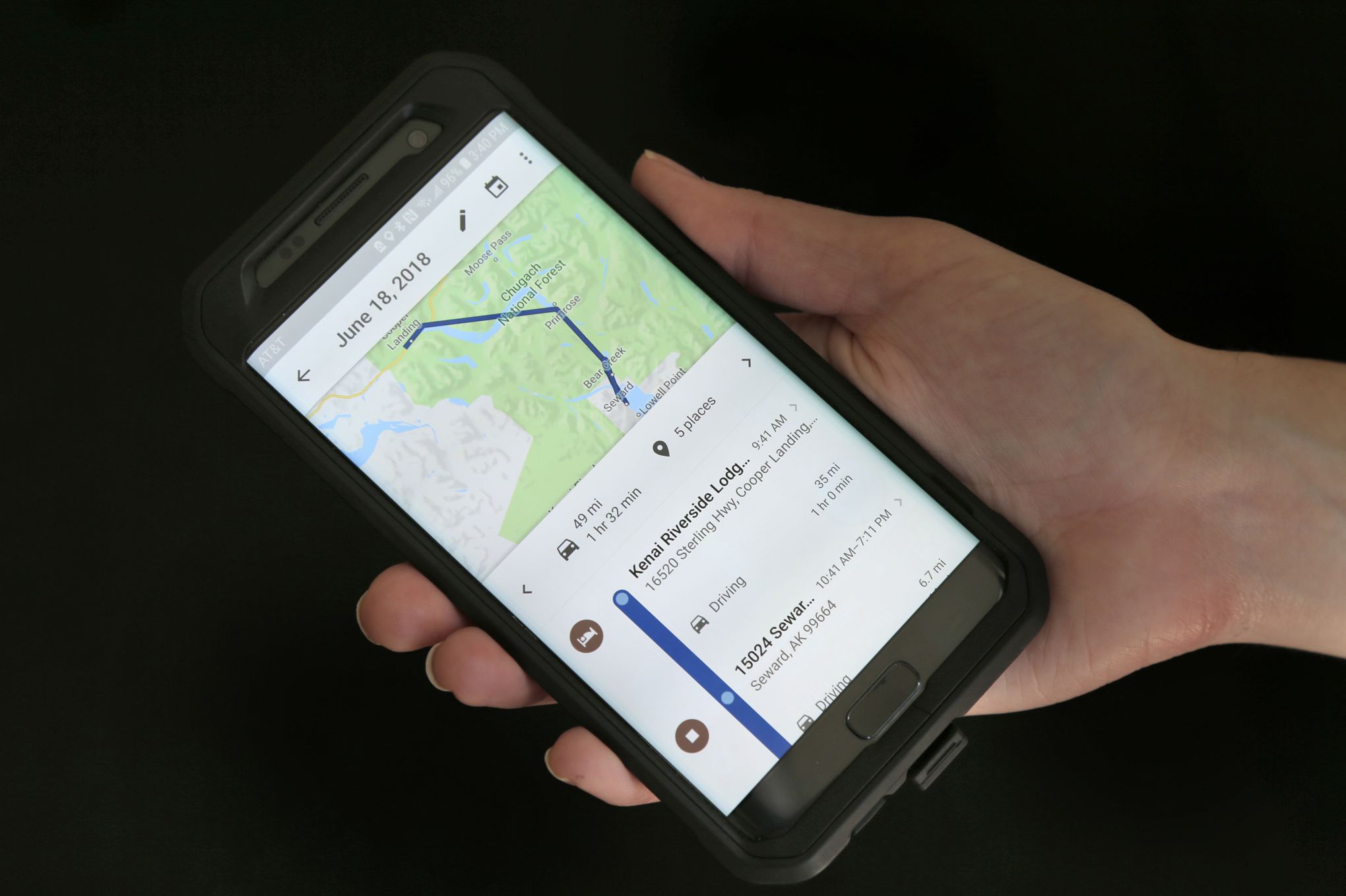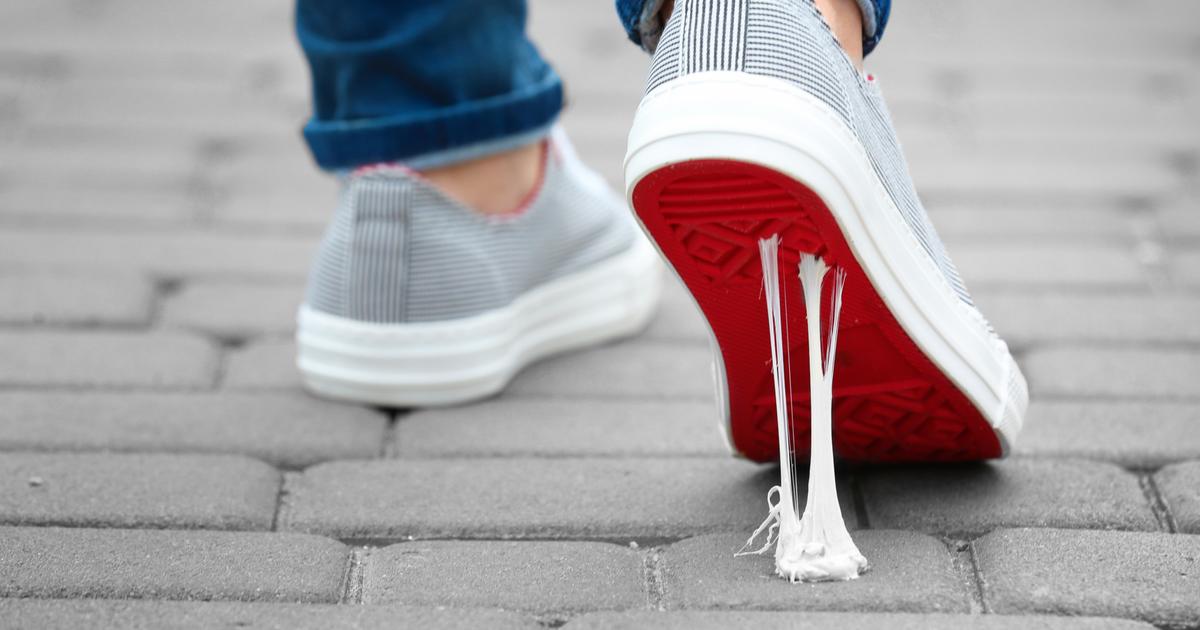Monitoring citizens via their smartphones can help contain the coronavirus pandemic, but also cost dearly in terms of public freedoms and respect for privacy. From China to Israel, governments control the movement of people electronically. In Europe and the United States, technology companies have started sharing data made "anonymous" to better monitor the spread of the virus.
Read also: Coronavirus: telecom operators ready to share geolocated data
These practices question human rights NGOs. "Governments are demanding extraordinary new surveillance powers to contain Covid-19," said one, the Electronic Frontier Foundation, in a statement. These powers could "invade our privacy, reduce freedom of expression and weigh heavily on vulnerable groups," she continues. "The authorities must prove that such measures are effective, scientific, necessary and proportionate."
Hong Kong requires people arriving from abroad to wear tracking bracelets, and Singapore has a team of digital detectives to monitor those in quarantine. In Israel, the internal security service (Shin Bet) has started using sophisticated technologies and telecom data to track civilians. China goes so far as to assign color codes to smartphones (green, yellow, red), which determine where a citizen can go or not.
Behind the scenes of emergency monitoring
According to the NGO Freedom House, Beijing is also taking advantage of this to strengthen censorship, by blocking certain websites or internet access. "We are seeing disturbing things, showing that authoritarian regimes are using Covid-19 as a pretext (...) to restrict fundamental freedoms, going further than public health needs require," said Michael Abramowitz , the president of this organization.
Read also: Coronavirus: the great exodus of city dwellers
Some activists make the connection with the attacks of September 11, 2001 in the United States, which had opened the door to reinforced surveillance in the name of national security. "There is a risk that the use of these tools will normalize and continue even when the pandemic slows down," said Darrell West, who heads the Center for Technological Innovation at the Brookings Institution.
"The problem with monitoring in an emergency is that people will get used to it," said Ryan Calo, a researcher at the University of Washington and affiliated with the Center for Internet and Society at Stanford. He admits, however, the need to find a difficult compromise between health imperatives and the feeling of being constantly hunted.
Endless possibilities thanks to geolocation
The debate focuses mainly on geolocation via smartphones. Since the start of the pandemic, several applications have been developed to monitor the spread of the virus. The one designed by researchers at the Massachusetts Institute of Technology (MIT) determines, for example, whether the user has "crossed paths" with an infected person. A concept that will obviously only work if this application is very widely used.
Cornell University engineers offer to share its geographic location and status (infected or not) to receive alerts on nearby contamination cases. But beware of the false feeling of being safe, warns Ryan Calo. According to him, the data collected on a voluntary basis will undoubtedly be "riddled with errors". Another application, called Covid-Watch, allows you to share data on your location and health, using Bluetooth, without compromising your privacy. "We designed it so that someone who catches the Covid-19 can send an alert to nearby people without being able to identify it," said Tina White, a Stanford graduate and co-founder of Covid. -Watch.
The application is under development. With her team of researchers, Tina White wants to offer an alternative to the “authoritarian” measures adopted in certain countries. As the application will only be used if it is widespread, it specifies that the technology would be provided free of charge. And suggests that the two main operating systems of smartphones, Android and Apple, "add it as an option during an update" to ensure its adoption by the greatest number.











